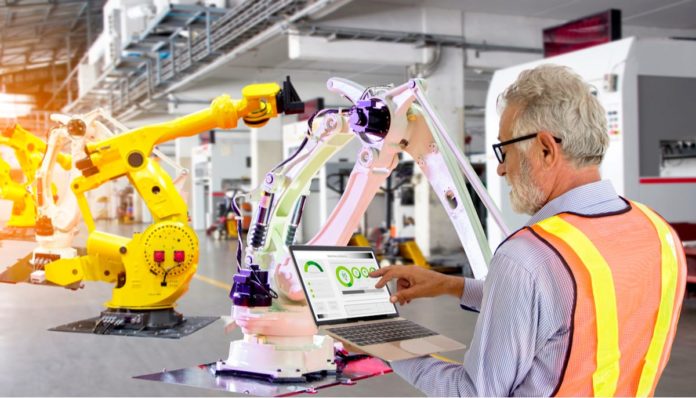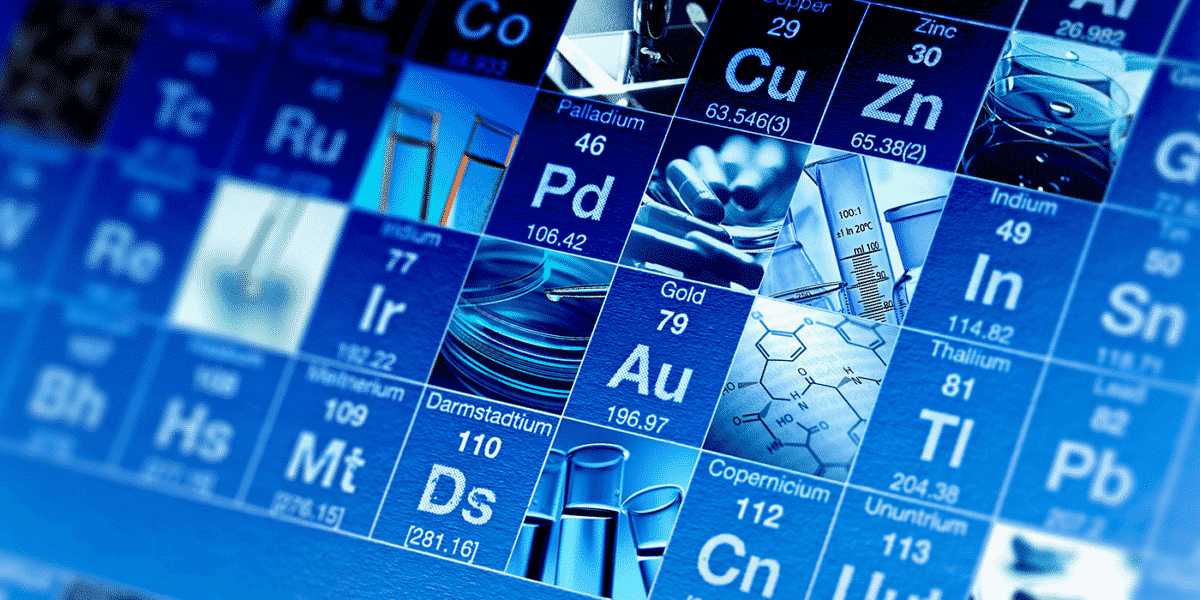AI To Achieve Biomanufacturing
A new study details how an automated system driven by AI can design, build, test and also learn complex biochemical pathways to efficiently produce lycopene, a red pigment found in tomatoes and it is commonly used as a food coloring, opening the door to a wide range of biosynthetic applications, scientists report.
The results of the research, which combined a fully automated robotic platform called the Illinois Biological Foundry for Advanced Biomanufacturing with Artificial Intelligence to achieve biomanufacturing, are published in the journal Nature Communications.
Huimin Zhao, a University of Illinois chemical & biomolecular engineering professor who led the study said Biofoundries are those factories that mimic the foundries that build semi-conductors but are designed for biological systems instead of electrical systems.
However, as biology offers many pathways to chemical production, the scientists assert that a system is driven by Artificial Intelligence and capable of choosing from thousands of experimental iterations are required for true automation.
Previous bio-foundry efforts have produced a wide variety of products such as chemicals, fuels, and engineered cells & proteins, the scientists said, but those studies were not performed in a fully automated manner.
Zhao said, past studies in bio-foundry development
mainly focused on only one of the design, build, test & learn elements. A researcher was still required to perform the data analysis & to plan for the next experiment. Their system, dubbed BioAutomata, closes the design, build, test & learn loop and leaves humans out of the process.BioAutomata completed 2 rounds of fully automated construction and optimization of the lycopene-production pathway, which includes the design & construction of the lycopene pathways, transfer of the DNA-encoding pathways into host cells, growth of the cells, and extraction & measurement of the lycopene production.
BioAutomata was able to reduce the number of possible lycopene production pathways constructed from over 10,000 down to about 100 & create an optimized quantity of lycopene-overproducing cells within weeks — greatly reducing time and cost, Zhao said.
Zhao envisions fully automated foundries being a future revolution in smart manufacturing, not unlike what automation did for the automobile industry.
He added a hundred years ago, people built cars by hand. Now, that process is much more economical & efficient thanks to automation and the team imagine the same for biomanufacturing of chemicals & materials.
Editor’s Note: AI To Achieve Biomanufacturing; Optimizing Chemical Industry Operations. Artificial Intelligence: Optimizing Chemical Industry Operations, AI To Achieve Biomanufacturing

















































